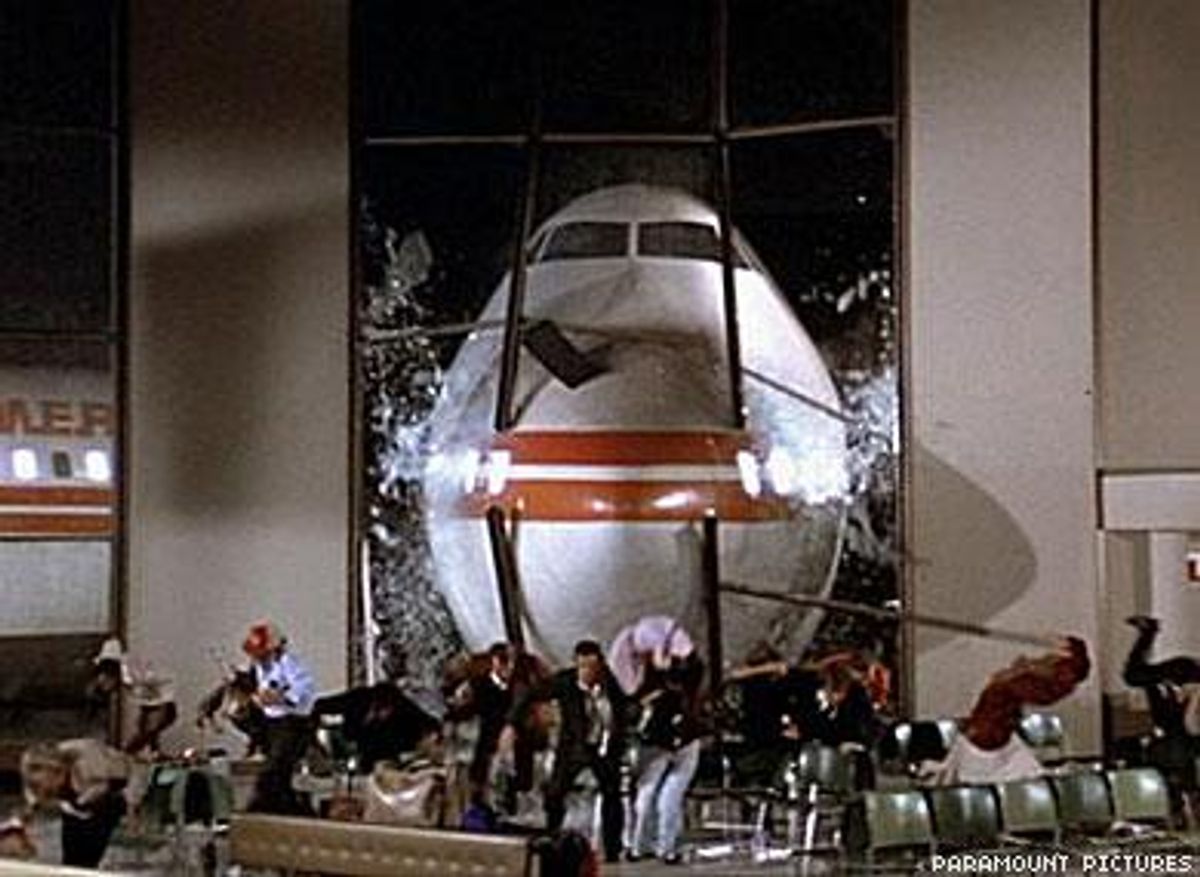World
Holiday Travel: Understanding Your Fear of Flying
Holiday Travel: Understanding Your Fear of Flying

By continuing to use our site, you agree to our Private Policy and Terms of Use.
Holiday Travel: Understanding Your Fear of Flying

Airplane anxiety, according to David Carbonell, Ph.D., a psychologist and creator of AnxietyCoach.com, "is usually called fear of flying." But what is the origin of fear of flying?
"Most typically, it develops early in life, from late teenage years into 30s, often in people who have flown quite a bit without trouble," Carbonell says. "Either slowly or suddenly, they discover they have become afraid of flying, and it often progresses to the point where they are no longer able to fly."
Airplane anxiety is not just a fear that the plane will crash. About two thirds of people who fear flying are more concerned with claustrophobia or having a panic attack while in the air.
But how can you reduce or overcome general airplane anxieties and fly free of fear this holiday season?
The good news is that successful treatments are available. The most common is cognitive behavioral therapy, which helps passengers accept and calm their fears. There are also group programs around the country offering a CBT treatment that includes a flight with a group.
"The main thing is to get better at being a passenger," says Carbonell. "Fearful fliers want to be in control of things when they are better off showing up without checking the Weather Channel or researching the plane design. The airline and the FAA will handle that! It's OK to be afraid, so don't struggle against the fear. Instead, learn some ways to work with, not against, those feelings." Some methods you can try are found at AnxietyCoach.com/fearofflying.html.
Other suggestions for overcoming airplane anxiety, detailed at FearOfFlyingHelp.com, include:
* Positive thinking: When you catch yourself thinking negatively, stop and concentrate on the positive. Many people dwell on what might happen instead of what is happening.
* Relax your muscles: When you feel muscles that are tense or tight, you can relax them. You will be surprised at how your muscles feel warm and relaxed, and you once again feel in control.
* Nervous feelings: When you feel afraid, your breathing quickens and your heart races. To calm yourself, first push your stomach outward. Take a slow, deep breath through your nose. Try to fill your lungs from the bottom up. Pause and then exhale slowly.
* Feeling panicky: Fear is a normal reaction to a perceived threat. Once you learn the threat really isn't there, the fear naturally goes away. Fear itself is not harmful -- it is meant to protect us.
Happy holidays and safe travels!